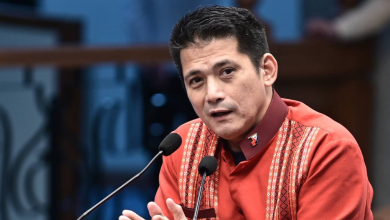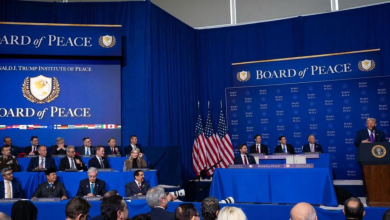A ‘relatively high’ rate of 7 percent was allocated by the families of Overseas Filipino Workers (OFWs) on non-essential luxury items, which can result in cash exhaustion of Filipino households.
UniTeller, a US-based global payment corporation reported that half of the money held by remittance recipients was allotted on basic needs such as daily expenses (25%), house bills and loans (25%), education (13%), and savings (13%).
Moreover, the close gap between the percentage of education and savings to luxury items can appear bothersome.
Another report by UniTeller revealed that 75 percent of Filipino households are willing to learn proper financial habits, yet poor financial handling has reached 19 percent, equivalent to one out of five remittance recipients who ‘regularly’ exhaust money.
Despite being one of the leading recipients of money transfers in 2018, the Philippines is the lowest among other countries in significantly enhancing their lifestyle once the remittance has been received by only 71 percent.
Among the countries in which their quality of life improves once the money has been claimed by the families, a total of 82 percent was recorded in all markets combined, 74 percent in Vietnam, 88 percent in India, and 95 percent in Indonesia.



